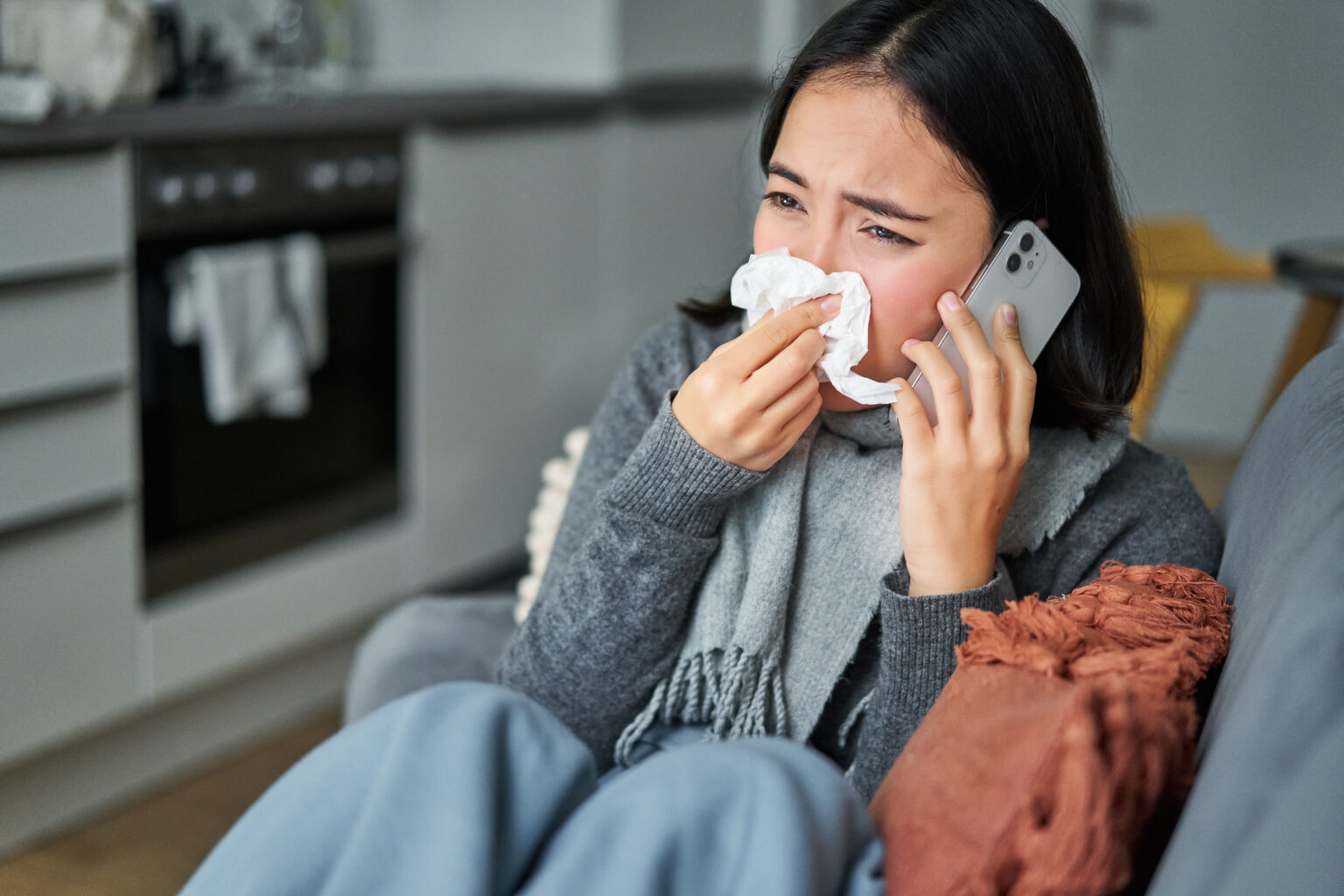Many residents of the UAE have fallen ill with high fevers, sore throats, and persistent coughs — yet their tests for UAE COVID-19 and influenza in Dubai have come back negative. Doctors have observed a significant surge in viral fever cases across the UAE since late May, and they expect the trend to persist into early autumn.
Healthcare facilities are seeing a steady stream of patients — from children to adults and seniors — reporting symptoms like fever, body aches, dry cough, fatigue, and even digestive problems. Despite these complaints, most test results for coronavirus and influenza in Dubai remain negative, pointing to a widespread wave of non-influenza viral fever in the UAE.
Dr. Tomador Tageldin, Specialist in Internal Medicine at Burjeel Medical Centre, Al Shamkha, Abu Dhabi, confirmed a noticeable rise in non-influenza viral fever in UAE cases since late May. She said many patients are coming in with high fevers, fatigue, and body aches, but are testing negative for influenza and UAE COVID-19.
She explained that this surge matches typical seasonal viral patterns in warmer climates and is continuing through the summer in the UAE this month.
Children in daycare or summer school, young adults aged 20–35 who are socially active or traveling, adults aged 25–50, seniors, and people with chronic conditions or low immunity are experiencing the greatest impact.
Symptoms
List of common symptoms that patients are reporting:
- High-grade or prolonged fever
- Dry cough, often lasting more than 2–3 weeks
- Sore throat, nasal congestion, and headache
- Fatigue, body aches, and general lethargy
- Occasional nausea or loose stools
Doctors have also noticed mixed infections where viruses are accompanied by bacterial infections, according to Dr Muhammad Yousaf Jan, Specialist – Internal Medicine, at Zulekha Hospital, Dubai. According to him, it is becoming harder to distinguish between non-flu viral fevers and illnesses like COVID-19 or RSV without lab testing.
Doctors agree that climate change, extreme hot summers in the UAE, and social habits are creating ideal conditions for viruses to spread.
Doctors urge Residents of the UAE to follow a practical approach to protect themselves from the ongoing wave of viral fever in the UAE.
They advise people to stay well-hydrated, get enough rest, avoid crowded indoor areas, improve ventilation at home and workspaces, and wear a mask if experiencing symptoms—especially in enclosed environments. Regular handwashing remains crucial.
Doctors also emphasize the importance of staying home when feeling unwell and getting timely flu vaccinations, particularly for children and those in high-risk categories.








